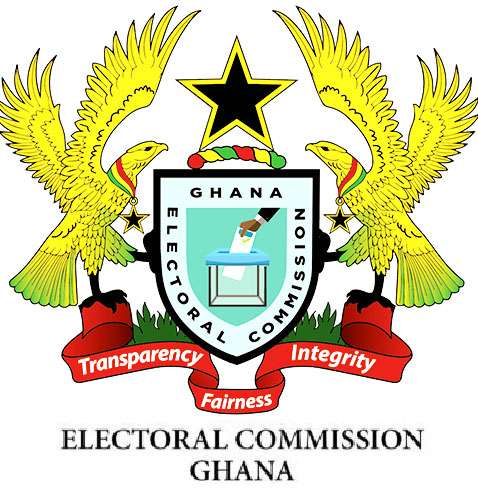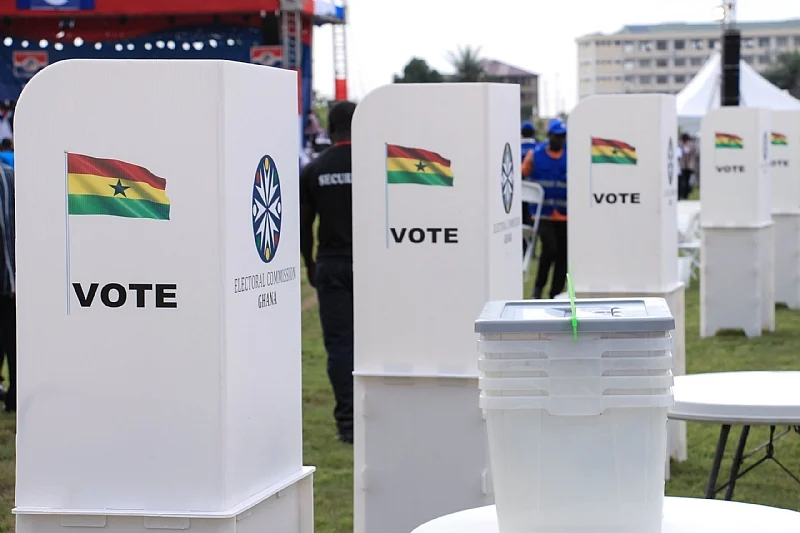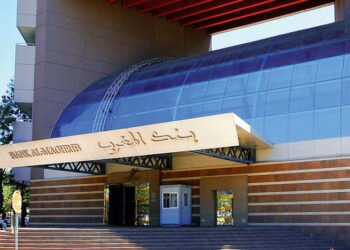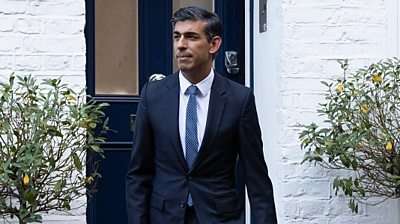A legal controversy has erupted in the Ablekuma North constituency as the New Patriotic Party (NPP) parliamentary candidate, Nana Akua Owusu Afriyie, filed a writ at the High Court seeking to annul the Electoral Commission’s (EC) decision to conduct a rerun of elections in 19 polling stations.
The matter has heightened political tensions, with the National Democratic Congress (NDC) and the EC at the center of the unfolding drama.
Accordingly, Deputy Director of Elections for the NDC, Mahdi Gibril, addressed the situation by clarifying the party’s stance, stating that the NDC remains unfazed by the potential implications of the court action.
“As a party, as of yesterday, the NDC has not received any suit… and the Electoral Commission also has not communicated anything to us. So as of now, we are not aware of any suits against us.”
Mahdi Gibril
Despite the legal uncertainty, Gibril confirmed that the EC had proceeded to invite all political parties to submit their list of agents for ballot paper printing for the anticipated rerun, stressing the need for clearer communication regarding the Ablekuma North issue.
“The issues of Ablekuma North are not being explained to the public very well. The representative of NPP who participated in the six meetings on Ablekuma North at the IPAC level has done a disservice to their party.”
Mahdi Gibril
Gibril also provided a detailed timeline of the events that led to the EC’s rerun decision. He explained that the issue began on December 8 after elections were held and initial collation started across 165 polling stations.

According to him, the EC claimed on December 7 that it had run out of pink sheets. By December 9, the NDC submitted 54 hardcopy pink sheets, which were used to supplement the collation process, eventually producing results for 219 polling stations.
He explained that following a disputed declaration of results, the NPP challenged the outcome in court.
The court subsequently instructed the Electoral Commission (EC) to resume and complete the collation process through established electoral procedures. On December 21, the NPP submitted an additional 25 hardcopy pink sheets to support the ongoing collation effort.
By that stage, all stakeholders— including the EC, NPP, and NDC—acknowledged that they had no further documents to advance the collation.
To address the impasse, an IPAC meeting was held on December 28. It was at this meeting that the NPP introduced what they claimed were scanned copies of pink sheets from 37 polling stations.
Gibril maintained that this sudden appearance of scanned documents raised serious concerns. He questioned why such files had not been presented earlier—specifically on December 9 or December 23—arguing that the timing suggested an afterthought.
The NDC, he noted, firmly rejected the use of scanned documents for collation, warning that it would compromise the credibility of the electoral process. “At this point…NPP again left the meeting and went to court.”
EC Faces Scrutiny Over Ablekuma North Collation
Mahdi Gibril further recounted that after the matter was taken to court, the Electoral Commission and the NPP reportedly proceeded with the collation process without involving the NDC. The NDC was later informed that collation had been completed for 34 out of the 37 polling stations.
In response, the NDC contested the validity of this action, which led the EC to call for renewed dialogue. As a result, discussions were reopened to find a resolution concerning the remaining three polling stations.

Gibril leveled strong criticism at the EC for its handling of the matter: “I’ve always said that the EC has done a disservice to this country… There’s no provision to solve a collation result with scanned documents.”
He insisted that a rerun should have been declared immediately once it became evident that pink sheets were unavailable.
Eventually, on July 5 and July 11, meetings were held to verify the 34 pink sheets. The EC Chairperson, Jean Mensa, presented a report showing that only 18 out of the 34 documents could be validated with the help of presiding officers and agents present at the original collation.

“So when Jean Mensa did this presentation, she challenged NPP reps and then her officers who participated in the activities… They couldn’t challenge. So she’s given us two weeks. In two weeks, they will rerun the elections.”
Mahdi Gibril
He asserted that the NPP has not been fully transparent about the circumstances surrounding the issue, withholding critical information from public scrutiny and stakeholders involved.
Accordingly, he emphasized the importance of openness, accountability, and accurate communication, adding that, based on the available evidence and procedural history, the court is unlikely to approve an injunction against the rerun.
Meanwhile, the situation in Ablekuma North continues to draw attention as electoral stakeholders await the rerun and potential legal outcomes.
The case highlights significant concerns about transparency, documentation, and protocol in Ghana’s electoral process.




















